Throughout the history of Vietnam, women have played a great role and have always made great contributions. Women are resilient and brave in the fight against foreign invaders. They are a solid rear, intelligent, hard-working and creative people, playing a particularly important role in preserving the identity and quintessence of national culture. They are also good mothers, faithful and loyal wives who have given birth to generations of national heroes.
The belief in worshiping human gods and national heroes is part of the Vietnamese belief system that has existed alongside other folk beliefs that have been passed down through many generations of Vietnamese people. Ancestor worship and worship of human gods come from a heart of gratitude. Among them, the human gods are worshiped in pagodas, temples, communal houses, shrines, and palaces such as: Queens, Queen Mothers, Royal Concubines..., some of them are of noble origin, some of them are of common origin, but all are talented, virtuous people who have made great contributions to their homeland and country and are worshiped by the people after their death. The worship of queens, princesses, kings, and holy mothers is quite popular in some localities in the Northern Delta. People honor, carve statues and worship the ancient Royal Concubines and Queens in many localities in Hung Yen province, typically in Van Lam district: there is Ghenh Temple (Ba Tam Temple), a national historical relic in Ngoc Quynh village, Nhu Quynh town, worshiping Linh Nhan Hoang Thai Hau Y Lan, wife of King Ly Thanh Tong; at Hoang Nha Communal House, a provincial architectural and artistic relic in Hoang Nha village, Minh Hai commune; Thanh Mieu Communal House, a provincial historical relic in Thanh Mieu village, Viet Hung commune; Huong Lang Pagoda, a national architectural and artistic relic in Chua village, Minh Hai commune. Phu Cu district has Cam Nhan Linh Tu Temple (Ba Pagoda), a provincial historical and cultural relic in Tan An village, Nhat Quang commune, worshiping Linh Nhan Hoang Thai Hau Y Lan. The story of Duc Nguyen Phi Y Lan or Queen Mother Y Lan, a woman of both talent and beauty, has been passed down to this day in many anecdotes, but no one can deny her merits and contributions to the country. She was regent twice, ruling the country on behalf of the king, and her contributions were praised by historians. She was the wife of King Ly Thanh Tong and the mother of King Ly Nhan Tong. In 1069, the King went to fight against Champa and assigned her to be regent, taking care of the court. Thanks to her talent for correct and decisive governance, she quelled chaos, saved the poor from starvation, and was praised everywhere. In 1072, King Ly Thanh Tong died suddenly, the court was in chaos, she became the Queen Regent, promptly implementing many measures to build the country, pacify the people, and make the country prosperous. In 1117, Queen Mother Y Lan died in her hometown (Ghenh village, Thuan An prefecture, now Ngoc Quynh village, Van Lam district). In memory of her great contributions, the people built a temple and carved a statue to worship her.
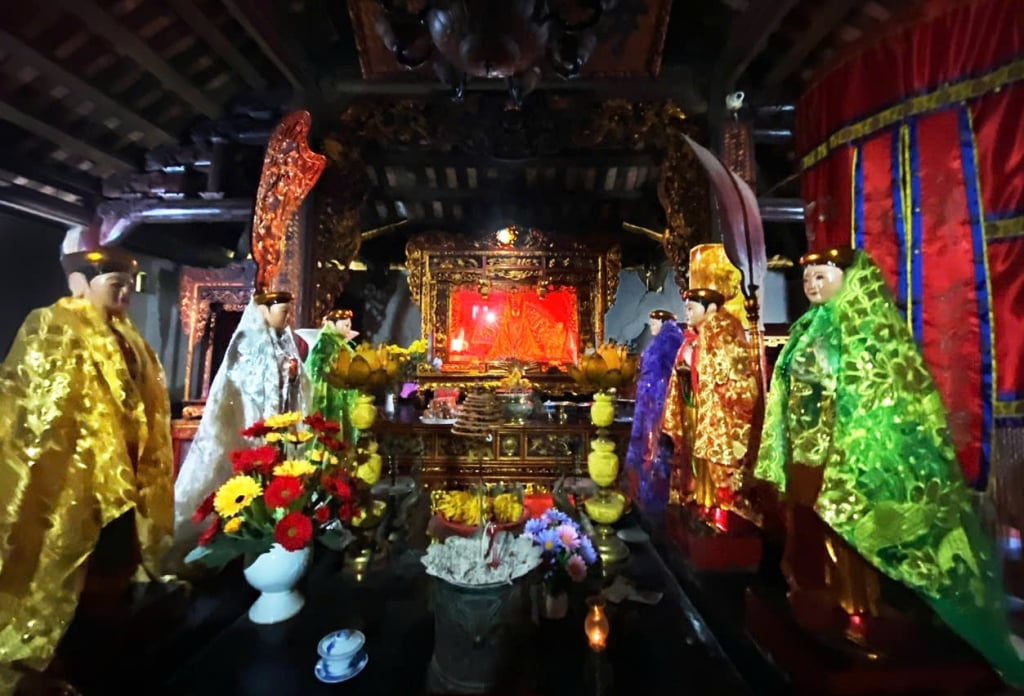
In Van Lam district, there is also Tu Vu tomb (Tu Vu's family name is Truong), a national historical relic also in Ngoc Quynh village, Nhu Quynh town, worshiping Mrs. Truong Thi Ngoc Chu, wife of Lord Trinh Binh, mother of Lord Trinh Cuong.
In Yen My district, there is Ba Chua temple, a provincial-level historical and cultural relic in To Hoa village, Ly Thuong Kiet commune, worshiping Mrs. Trinh Quy Thi Hoa, concubine of King Le The Tong.
In Van Giang district, there is Nhan Vuc Temple (Hoang Thai Hau Dao Thi Temple), a provincial historical relic in Nhan Vuc village, Nghia Tru commune, worshiping Mrs. Dao Thi Ngoc Lieu, wife of King Le Thuan Tong (1732-1735), mother of King Le Hien Tong (1740-1786).
In Phu Cu district, there is a temple - pagoda - Dau Xanh, a provincial historical relic in Xanh hamlet, Duyen Linh village, Dinh Cao commune, worshiping Duc Ba, the Royal Concubine of the Later Le Dynasty; Le Xa temple, a national historical and architectural relic in Le Xa village, Tong Tran commune, worshiping Tay Cung Hoang Hau, the second wife of King Ngo Quyen. Legend has it that she was the eldest lady in An Cau village, chosen by Ngo Vuong as a royal concubine. When the country was in chaos, she and the army fought to protect the court and heroically sacrificed. The people of An Cau deeply mourned her noble heart and sacrifice, and to show their respect, they built a temple to worship her.
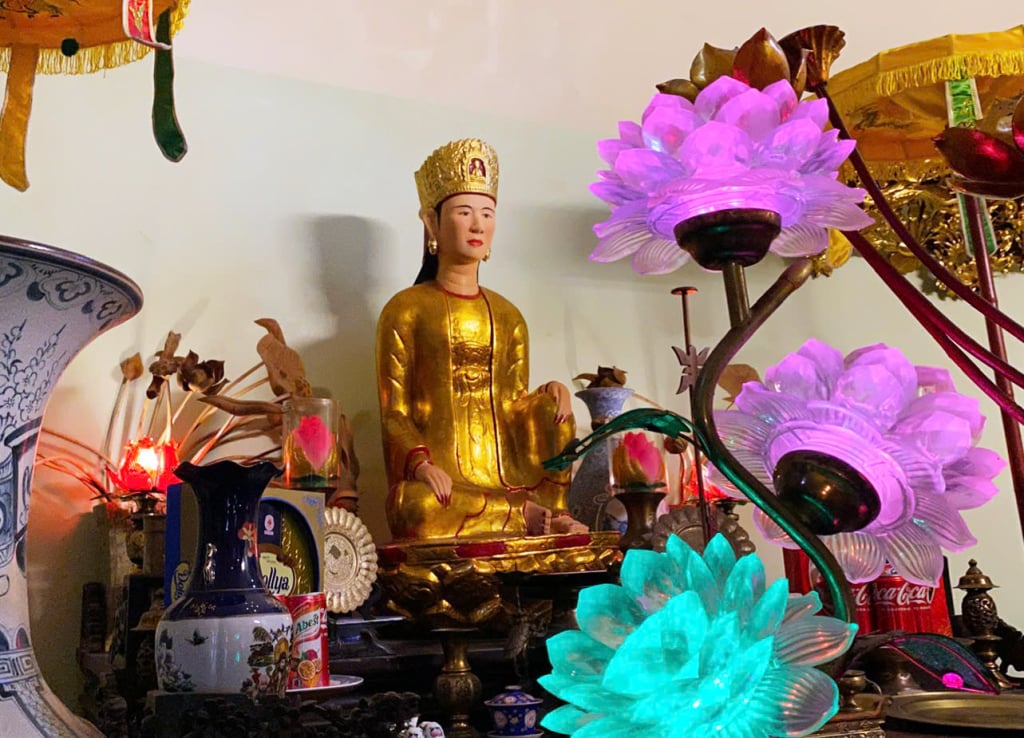
In Kim Dong district, there is the Mua Temple, a national art relic in Mua village, Cong Vu hamlet, Vu Xa commune, worshiping Lady Mua Tran Thi Cu, later changed her surname to Trinh Thi Ngoc Am, (1580-1648), the second wife of Lord Trinh Trang. She was a beautiful and intelligent woman, helping Lord Trinh oversee the education of the concubines and beauties in the palace, strengthening the solidarity between the Lord's palace and the Le Dynasty. She helped people expand their fields and gardens, opened rivers to bring water to the fields, and was kind and helpful to everyone. Thanks to her contributions, Lord Trinh Trang admired her talent and beauty and had a statue of her carved in stone while she was still alive, the statue as big as a real person sitting on a lotus throne, wearing a crown. When she died, the people honored her as a goddess and built a temple to worship her right in her hometown.
Kim Dong district also has Mai Temple, a national historical and artistic relic in Duong Phu village, Chinh Nghia commune, worshiping Royal Concubine Nguyen Thi La, wife of King Tran Anh Tong.
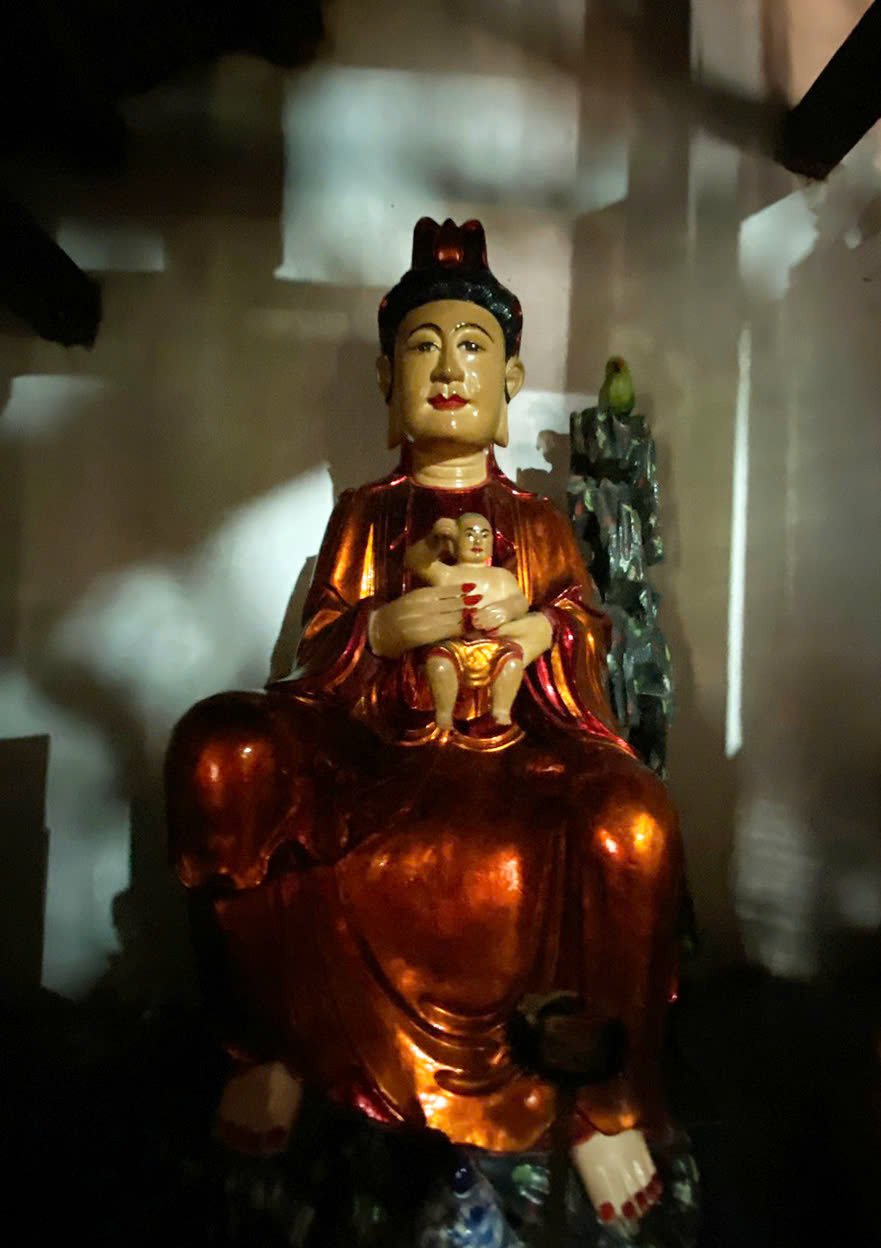
In Khoai Chau district, there is Thong Quan Ha temple, a national architectural and artistic relic in Quan Ha village, Khoai Chau town, worshiping Bao Quoc Tu Luong Hoang Thai Hau Le Thi Luong, wife of King Tran Nhan Tong.
Hung Yen city has Phu Vi Temple, a national architectural and artistic relic in Phuong Thuong village, Phuong Chieu commune, worshiping Royal Palace Thai Chieu Nghi Nguyen Thi Ngoc Toan, a concubine of the Mac dynasty. She was born a daughter of a mandarin in the court, intelligent, well-educated, dignified, gentle, she taught the children of the royal family, loved her country and loved her people, when considering her contributions, the king awarded her the title "Middle-ranked Ton Than Dien Thai Chieu Nghi".
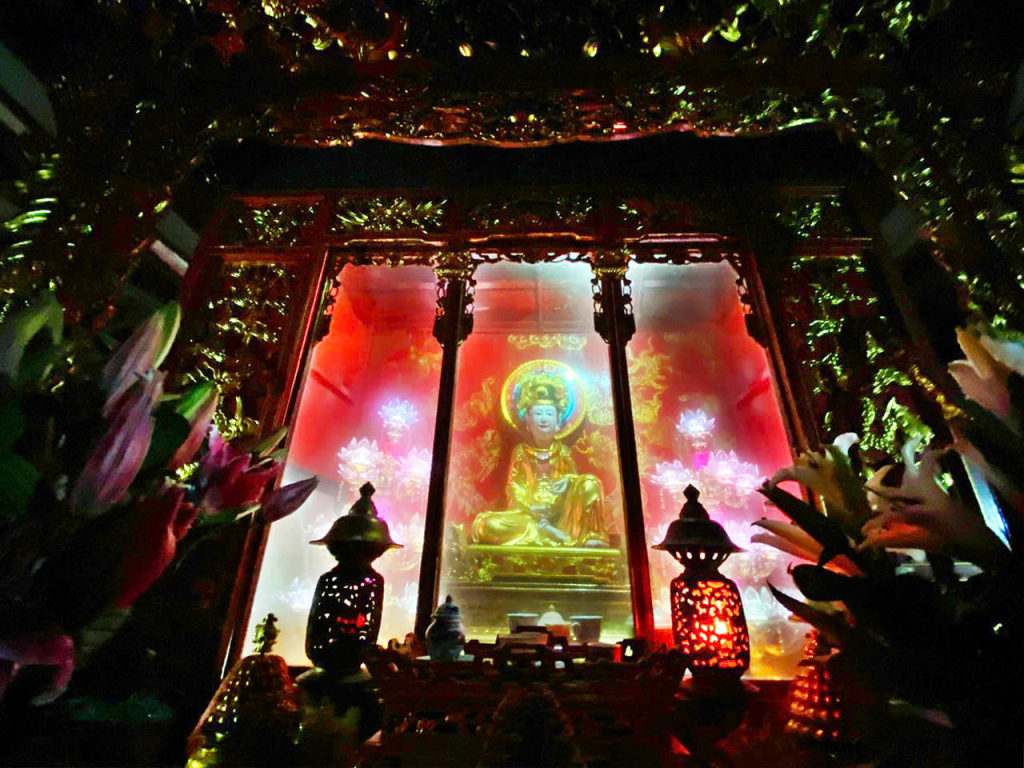
Ne Chau Pagoda, a national architectural and artistic relic in Ne Chau village, Hong Nam commune (Hung Yen city), worships Buddha and Mrs. Nguyen Thi Ngoc Thanh, wife of King Le Hoan.
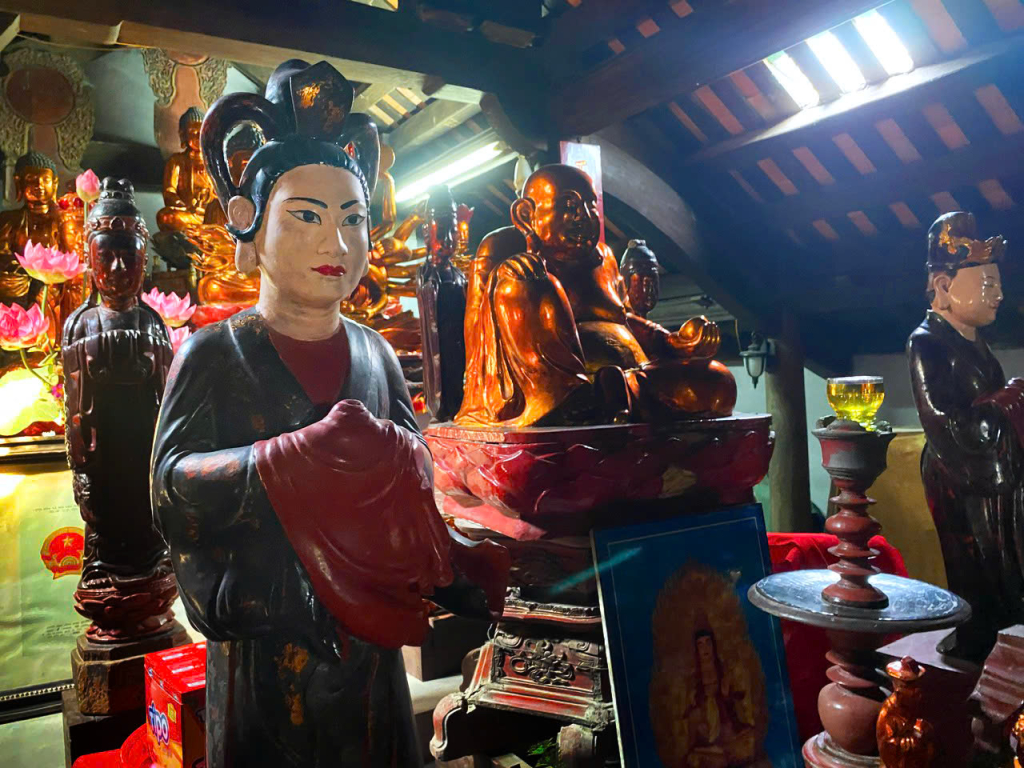
In the land of Hung Yen, past and present, the traditional values of ancestor worship and human god worship are passed down, especially the historical values, the anecdotes of the worshiped characters are determined to be preserved and maintained by the community. The examples worshiped by the people have contributed to encouraging everyone to live a good life, unite and advise each person to know how to rise up, know how to strive to make the family famous, contribute to building the homeland.
Hung Yen, October 2024
High School Diploma
----------------------------------------------------------
References:
- Prof. Dr. Ngo Duc Thinh (2019). Vietnamese Mother Goddess Religion. Tri Thuc Publishing House;
- Hung Yen Museum (2008). Hung Yen Historical - Cultural Relics;
- Department of Culture, Sports and Tourism of Hung Yen (2018). Historical and cultural relics.
Source: https://baohungyen.vn/cung-phi-hoang-hau-dat-hung-yen-xua-3176323.html



![[Photo] President Luong Cuong receives Speaker of the New Zealand Parliament Gerry Brownlee](https://vphoto.vietnam.vn/thumb/1200x675/vietnam/resource/IMAGE/2025/8/29/7accfe1f5d85485da58b0a61d35dc10f)
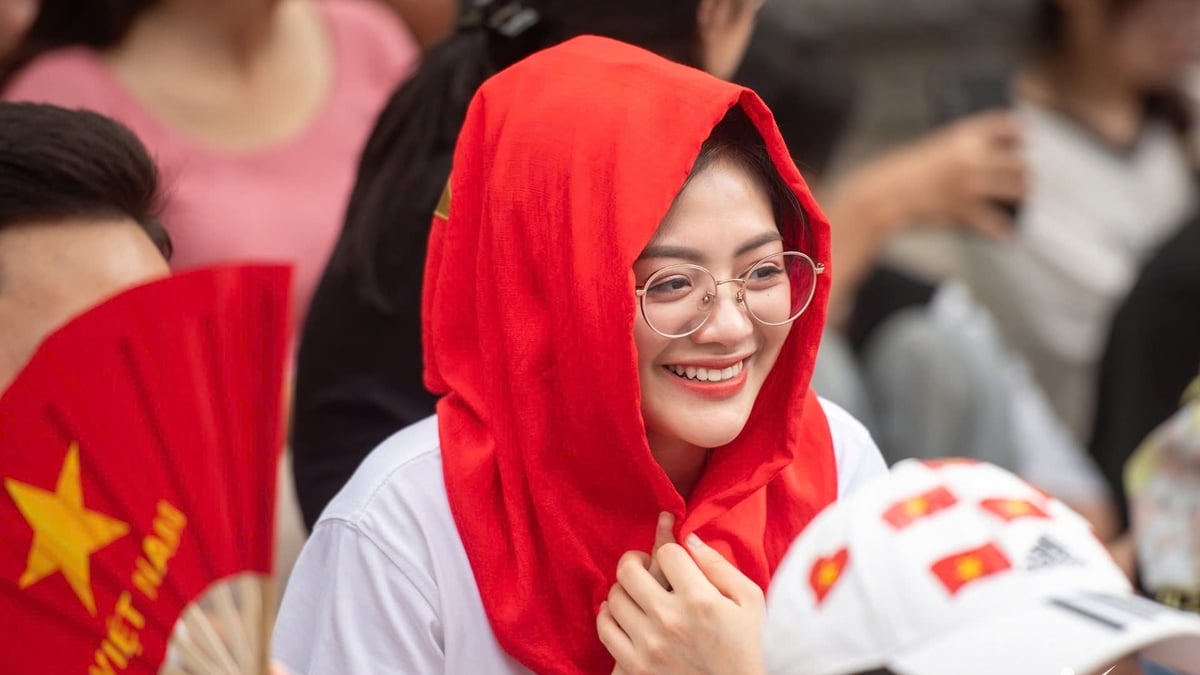
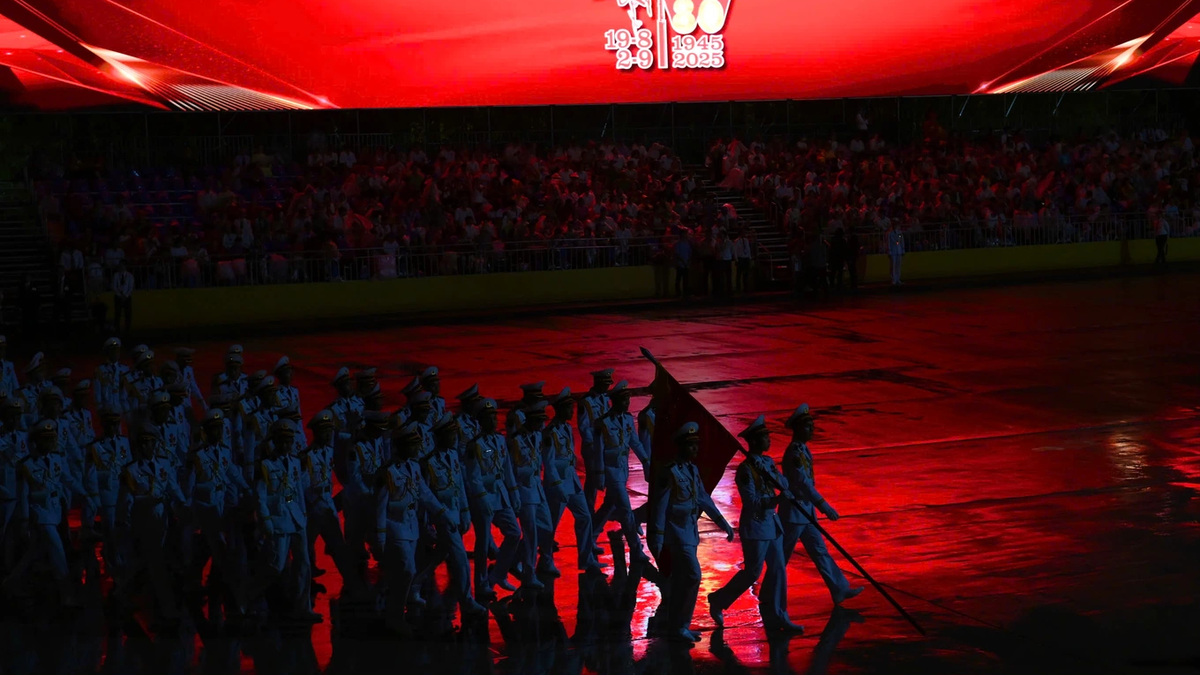

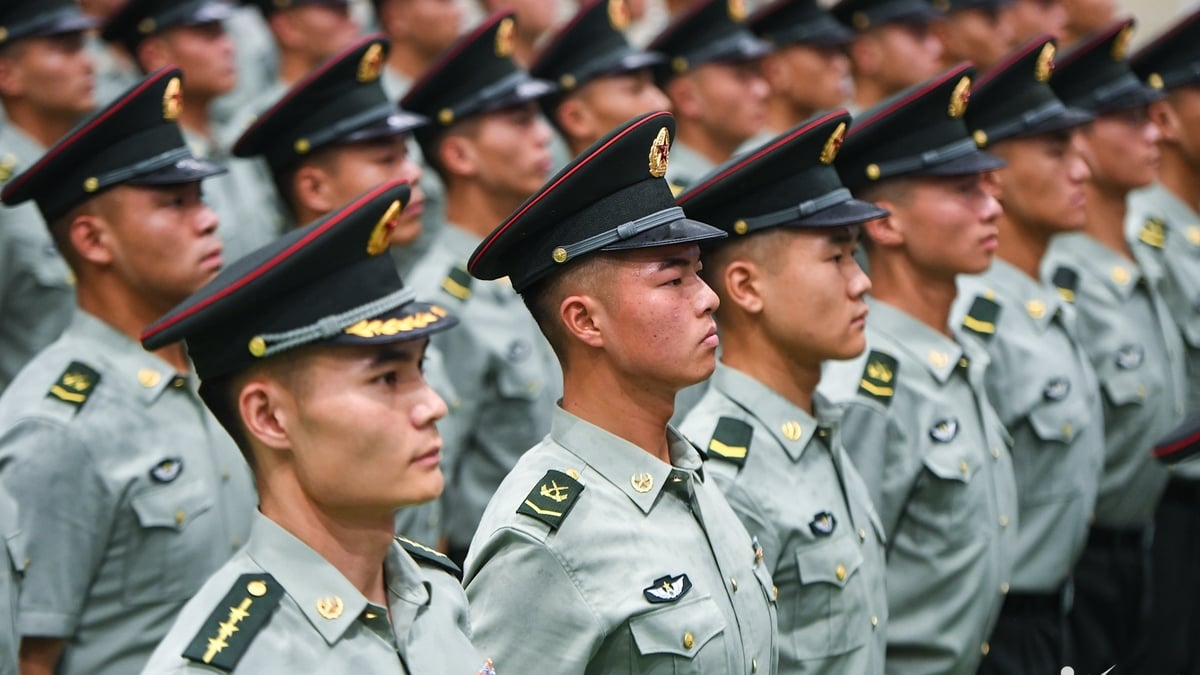
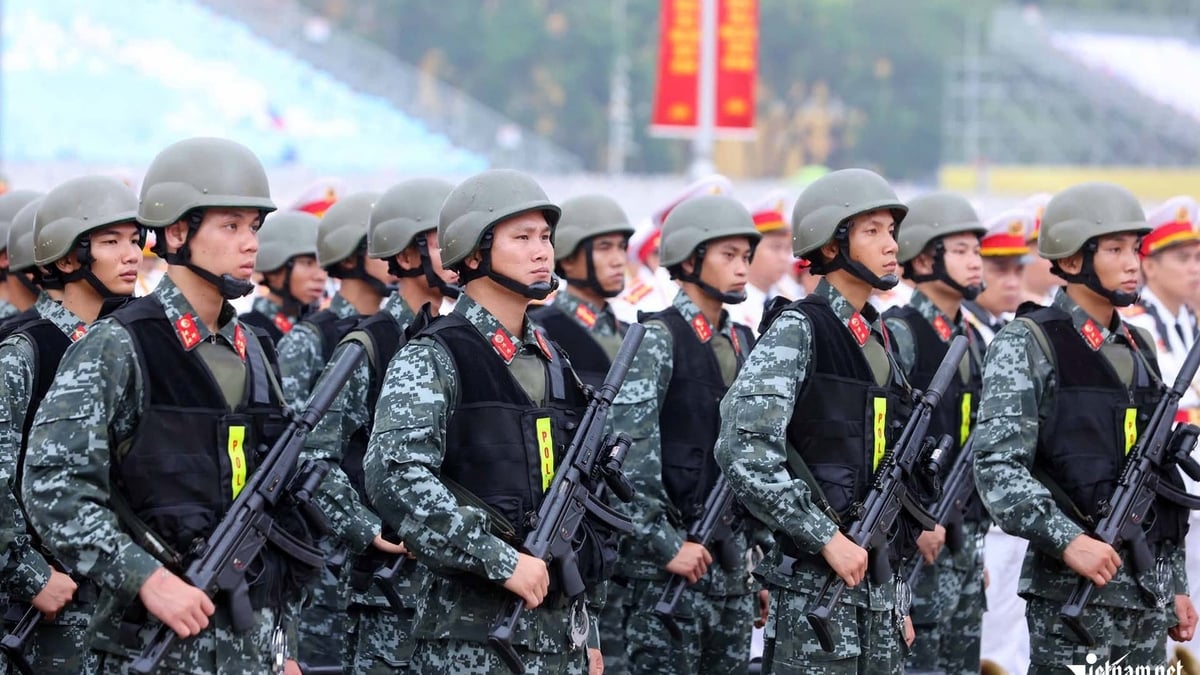
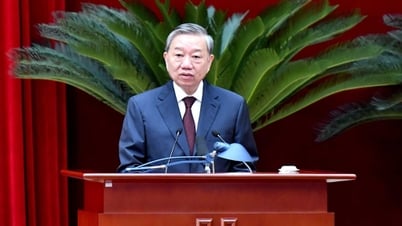





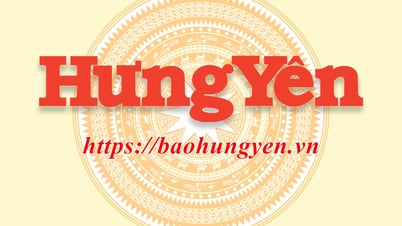

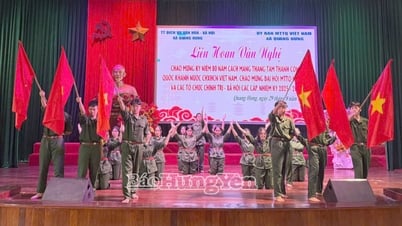
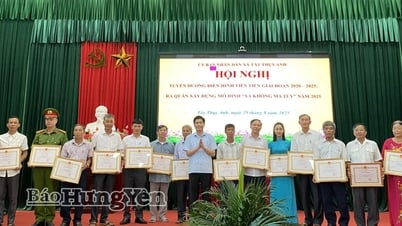
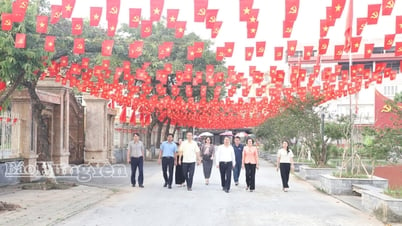
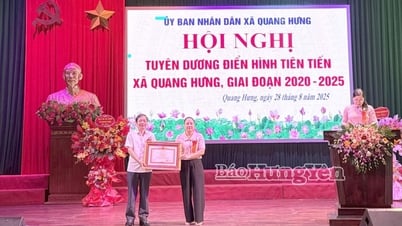

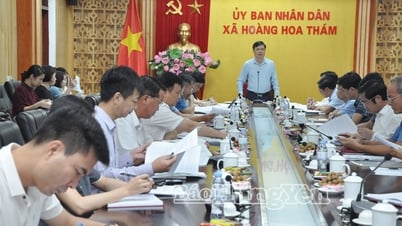




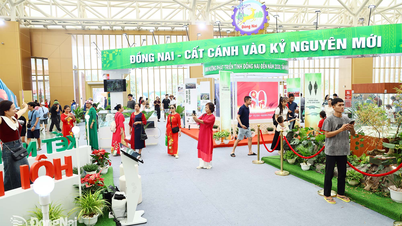

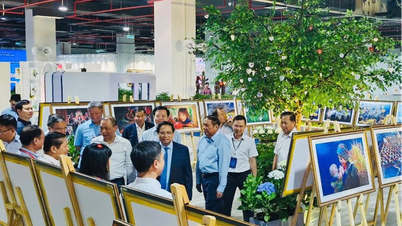
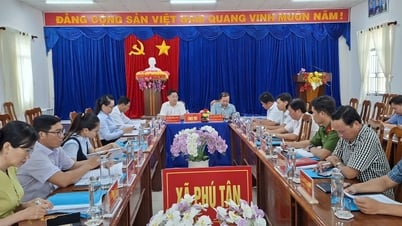
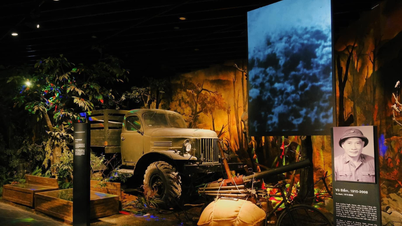








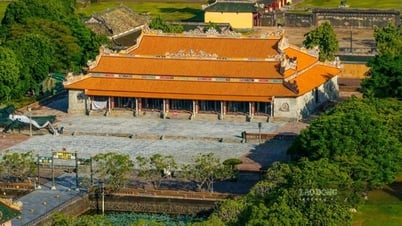


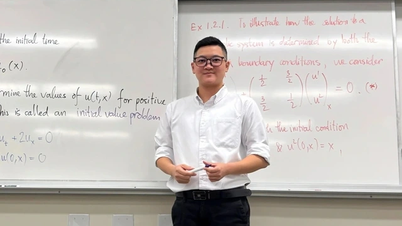

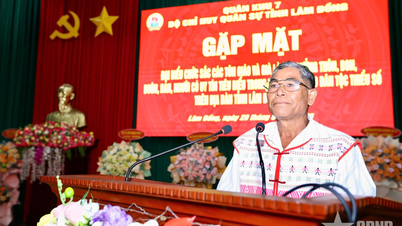

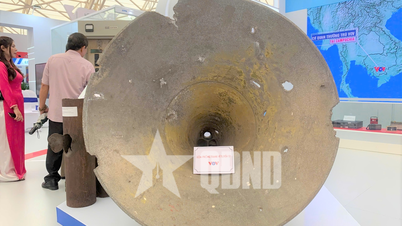


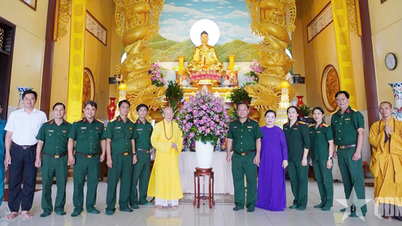
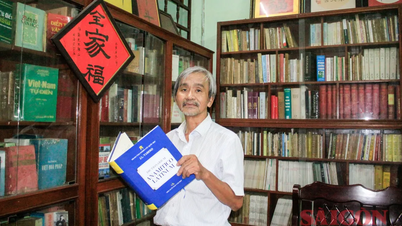




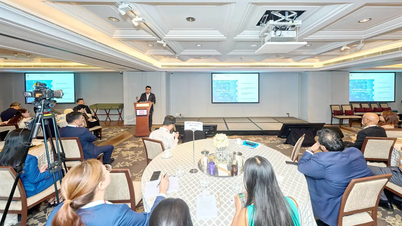
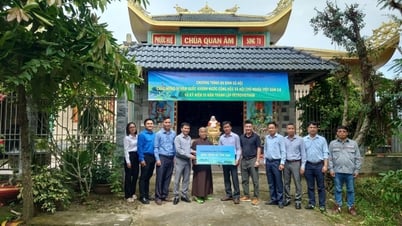



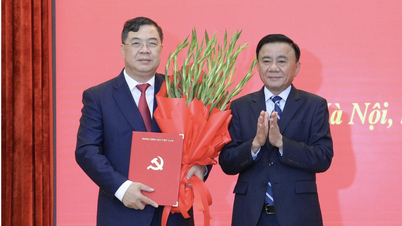
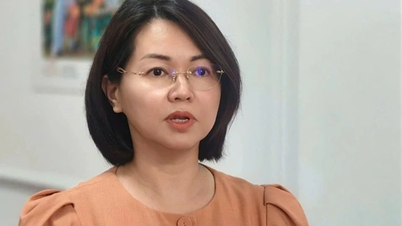
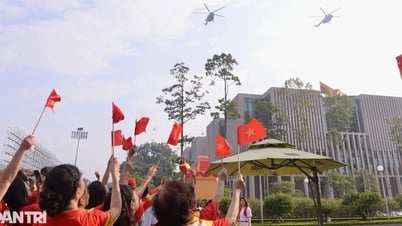



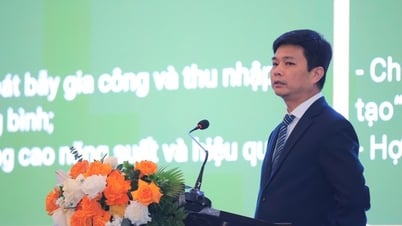


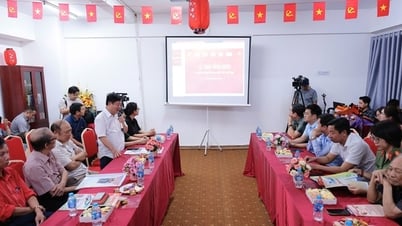

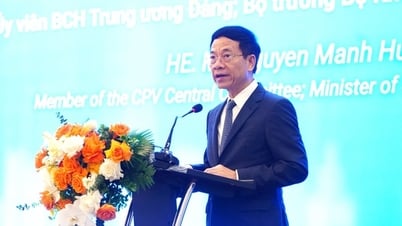
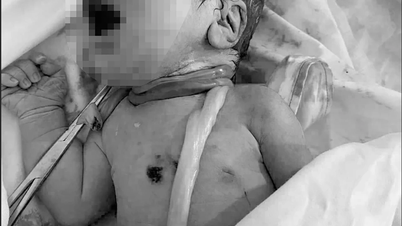

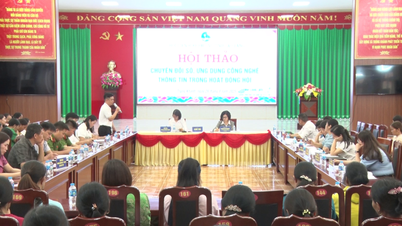



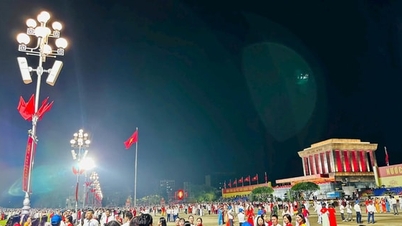







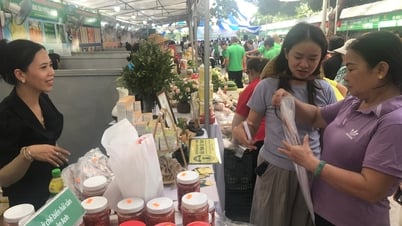



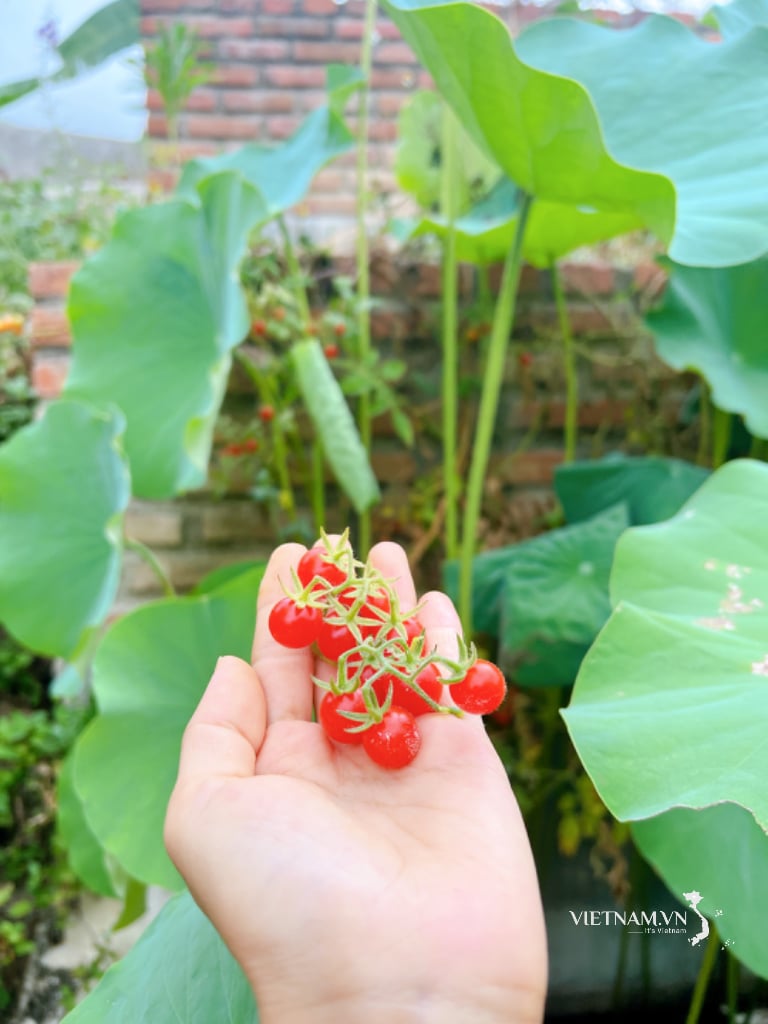


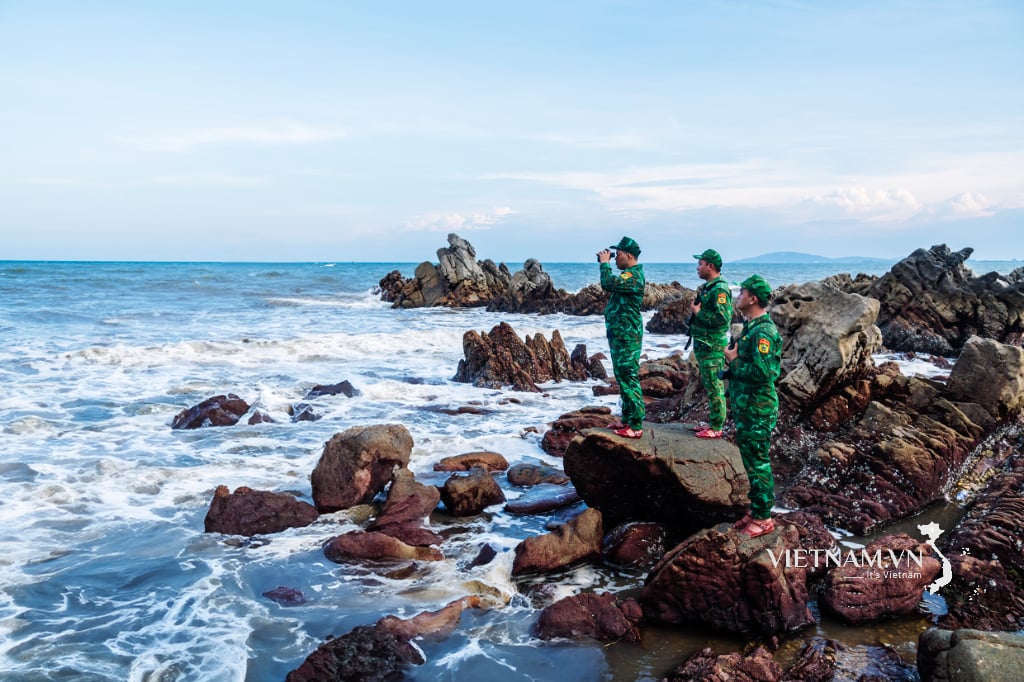
Comment (0)